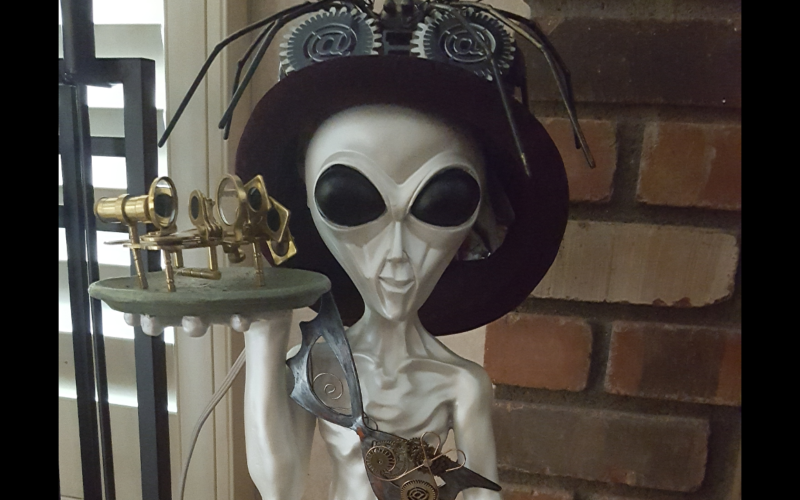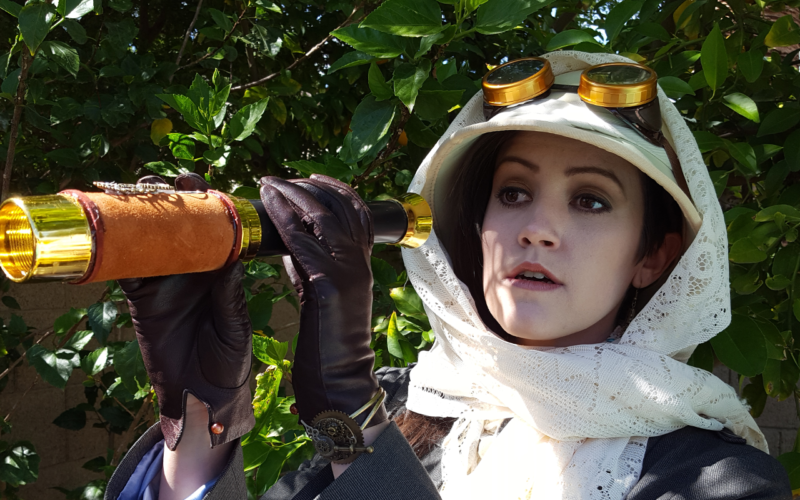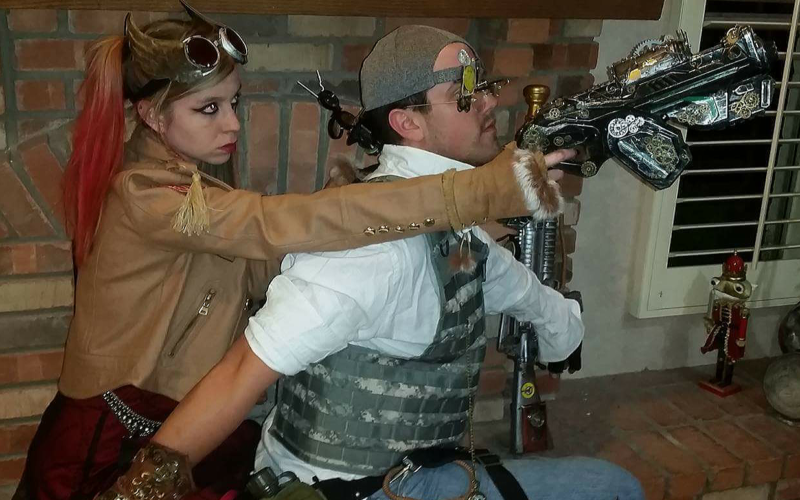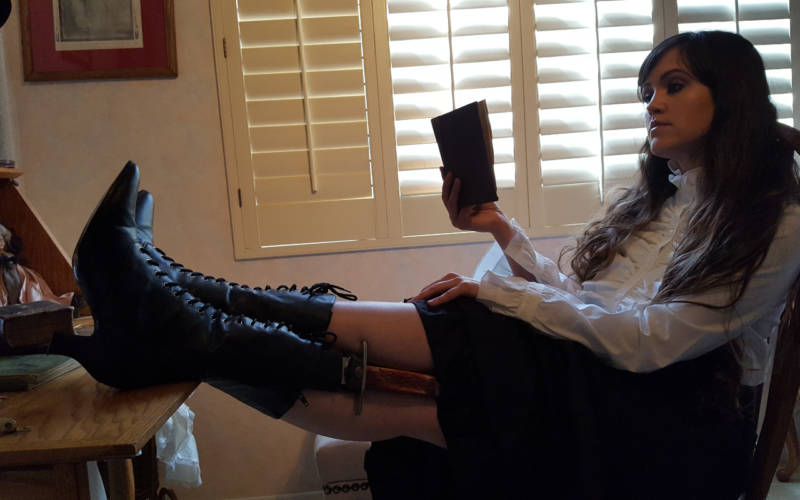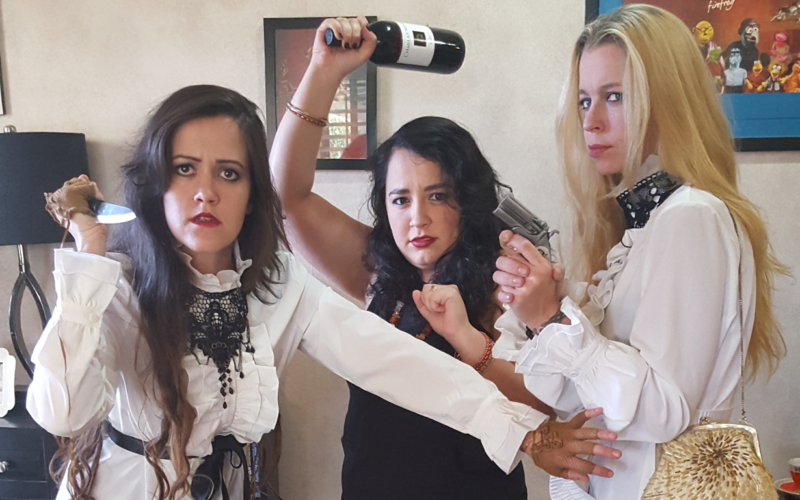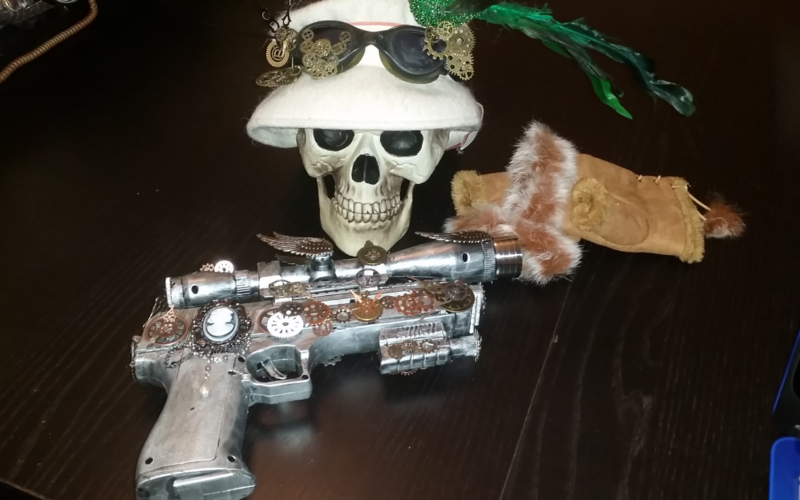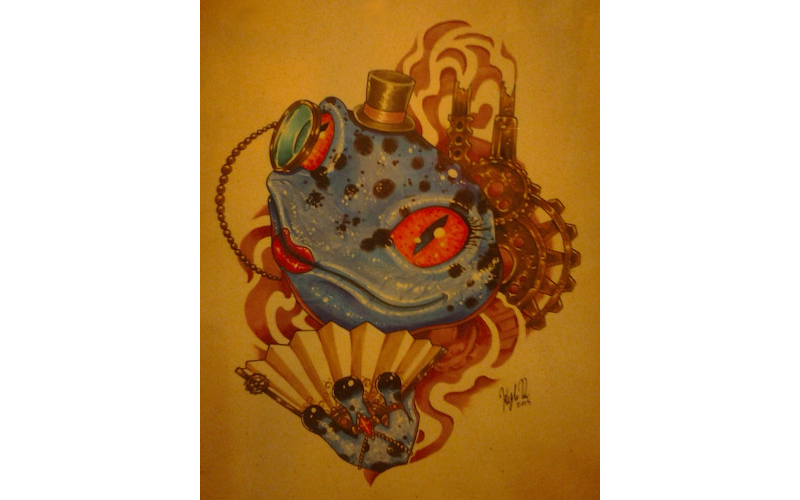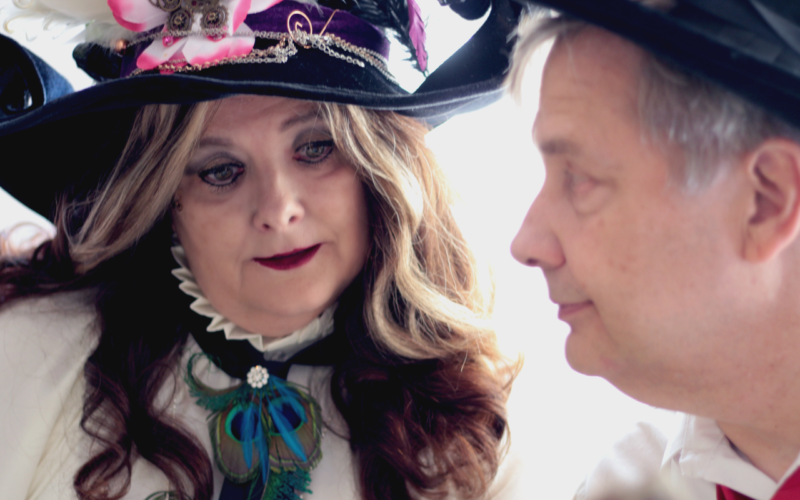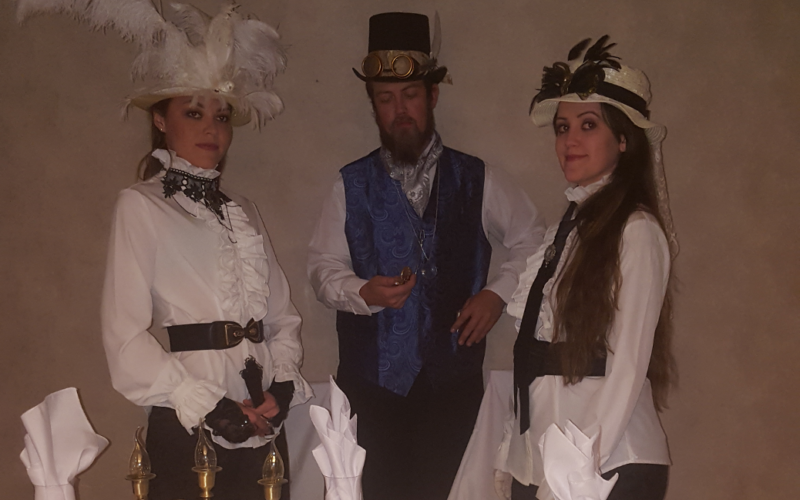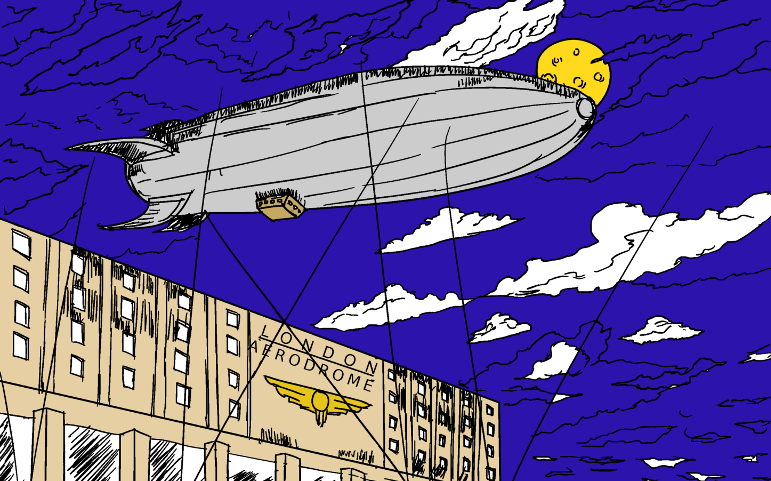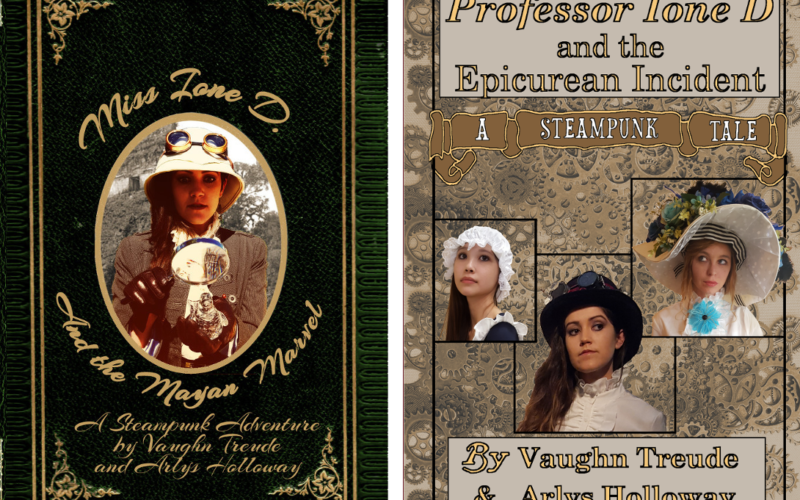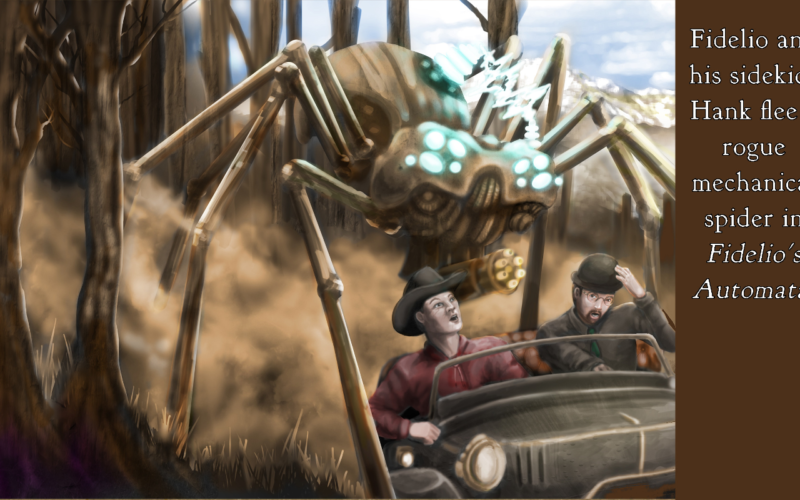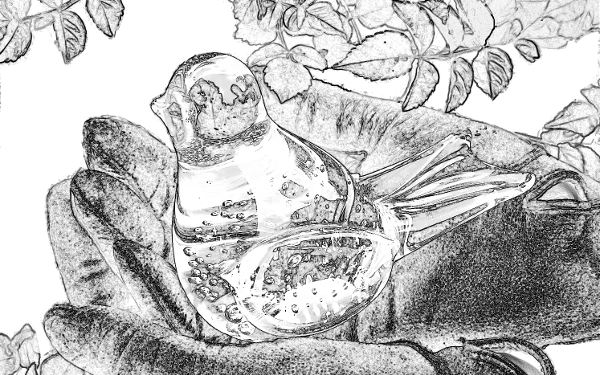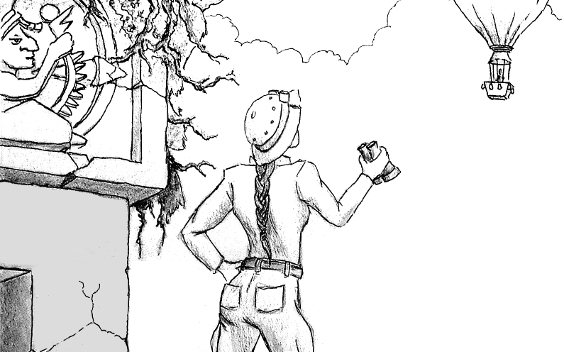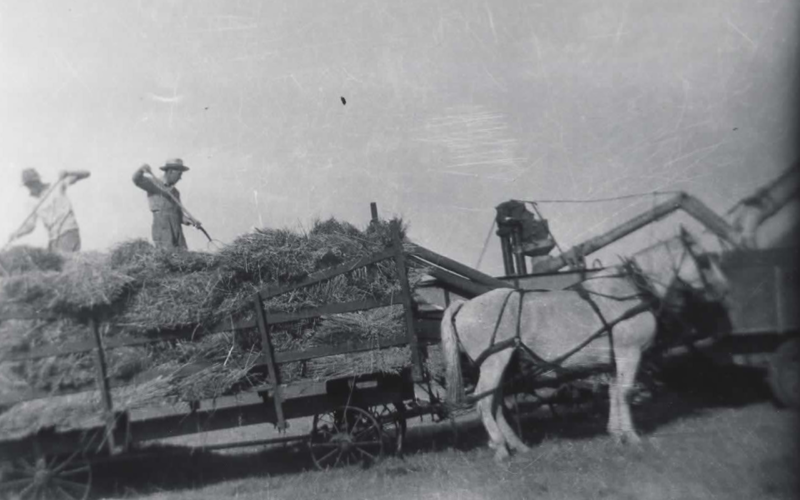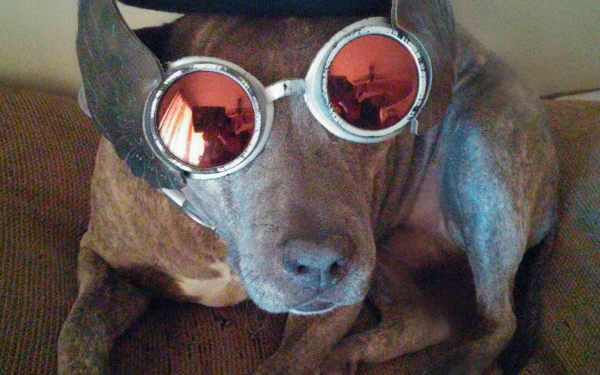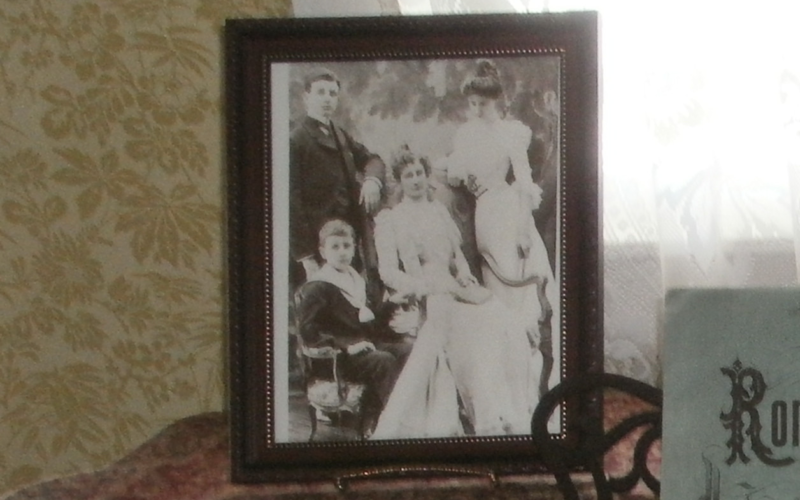
My wife Arlys and I are long-time anime fans, but it’s become difficult for us to find something we like. Like American TV networks, Japanese animation studios produce many series that are maudlin and unoriginal. We prefer shows that are out of the ordinary, generally with a sci-fi, supernatural, or crime element. Recently we encountered a 2019 release called Dororo. It’s based on a manga and anime created in the late 1960’s by Osamu Tezuka. This new version was adapted by Studio MAPPA. If you’re looking for a shounen-type series with an unusual premise, this fits the bill.
Dororo takes place in feudal Japan and features a young man whose father, Lord Daigo, sold him to evil spirits in return for a guarantee of prosperity for his domains. Each of twelve demons takes a piece of the unfortunate infant: its eyes, ears, nose, arms, legs, even skin. The child’s guilt-stricken mother sets her horribly deformed baby adrift on the river. A surgeon/alchemist named Jukai rescues the child, fits him with fake skin and prosthetics and trains him as a fighter. Although blind and deaf, the boy has the psychic ability to “see” evil and can battle demons with the swords built into his arms. He acquires the name Hyakkimaru (“little monster”) as a result of his menacing nature.
As for Dororo, that’s Hyakkimaru’s sidekick, an orphan child who claims to be “the greatest thief in Japan.” The spunky Dororo bonds with the silent warrior, calling him “Big Bro” and helping him find food and shelter. The kid has a tragic back-story and some secrets of his own, so they make a good team. As they wander the countryside, Hyakkimaru senses evil and instinctively attacks it. If he kills one of the demons from the deal with Dad, he magically reclaims one of his missing body parts, starting with his skin, nose, and ears. Eventually, he gets his voice back and learns to speak; his first word is “Dororo.”
As bizarre and complicated as this show is, we were able to suspend our disbelief and enjoy it. It’s not difficult to imagine feudal Japan as a land crawling with the supernatural. Sometimes the spirits our heroes encounter are not evil, and Hyakkimaru shows them mercy. At other times, he earns the gratitude of the locals by destroying the demons that have been preying upon them. At times the villagers are, like Lord Daigo, in league with the evil ones, thus earning Hyakkimaru’s wrath.
Meanwhile, Lord Daigo is unaware of his son’s survival. His wife bears him a second son, his heir apparent Tahomaru. As the evil spirits succumb one by one, his realm begins to experience epidemics, crop failures, and threats of invasion by neighboring rulers. Daigo realizes what is happening and resolves to kill Hyakkimaru, but fails in his attempts. Tahomaru is at first furious about his parents’ deception but nevertheless decides to his brother to save his future domain. This leads to some classic brother vs. brother conflict.
Despite the show’s demonic premise, Dororo is a classic martial-arts story that pits two underdogs against the forces of an entire kingdom. Ironically, it was originally aimed at kids – perhaps the older version was a bit less violent. The show’s young namesake provides humor and manages to be likable without being too cutesy. Besides providing exciting monster battles, the show highlights an essential moral quandary – is it acceptable to do evil in order to accomplish good?
Dororo is an animated series that’s original and engaging but not for the overly sensitive. The complicated storyline can be a bit confusing at times, so I can’t quite give it a perfect score. I give it 4.5 out of 5 gears.

